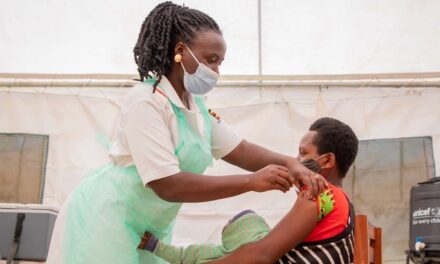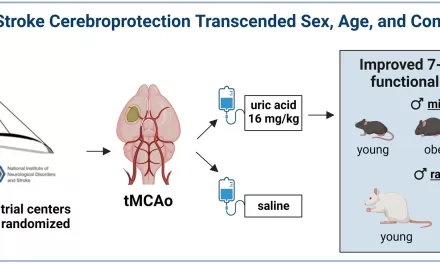TSUKUBA, JAPAN – A recent study by researchers at the University of Tsukuba has revealed significant discrepancies in how “hikikomori,” or social withdrawal, is defined, leading to potentially inaccurate prevalence rates and hindering effective support efforts. The research, published in Psychiatry and Clinical Neurosciences, highlights the critical differences between the Japanese Cabinet Office’s survey criteria and the psychiatric diagnostic criteria for pathological hikikomori.
The study, conducted in Kasama City, Ibaraki Prefecture, surveyed residents using two distinct sets of criteria: the Cabinet Office’s definition, which is widely used in national surveys, and a more recently proposed psychiatric definition that distinguishes between pathological and non-pathological hikikomori.
“Our findings demonstrate that the populations identified by these different definitions have surprisingly little overlap,” explained lead researcher Kaoru Tamura. “This means that depending on which criteria are used, the perceived prevalence of hikikomori can vary significantly.”
The survey, administered over a month in February 2024, analyzed three groups: those meeting the Cabinet Office criteria, those meeting the psychiatric criteria for pathological hikikomori, and those meeting the psychiatric criteria for non-pathological hikikomori. While some overlap existed, the study found substantial differences among the groups.
The researchers also noted that municipal surveys often deviate from the Cabinet Office’s strict criteria, further contributing to inconsistencies. This lack of uniformity can lead to misinterpretations of withdrawal and hinder the development of targeted support programs.
“It is crucial to understand the nuances of these definitions and the characteristics of the populations they describe,” Tamura emphasized. “Without this understanding, we risk developing an inaccurate picture of hikikomori.”
The study underscores the need for caution when interpreting and comparing survey results. It also stresses the importance of multifaceted evaluations that consider mental health and welfare perspectives, avoiding overmedicalization of the condition.
The researchers call for a more nuanced approach to identifying and supporting hikikomori, emphasizing the need for clarity and consistency in defining the condition.
More information: Kaoru Tamura et al, The hikikomori population varies significantly depending on the definition used: Evidence from a survey in Kasama, Ibaraki, Japan, Psychiatry and Clinical Neurosciences (2025). DOI: 10.1111/pcn.13783
Provided by University of Tsukuba.
Disclaimer: It is important to remember that the term “hikikomori” encompasses a complex range of behaviors and experiences. This news article reflects the findings of a specific research study and should not be interpreted as a definitive guide to diagnosing or treating hikikomori. Individuals experiencing social withdrawal or mental health concerns should seek professional advice from qualified healthcare providers.












